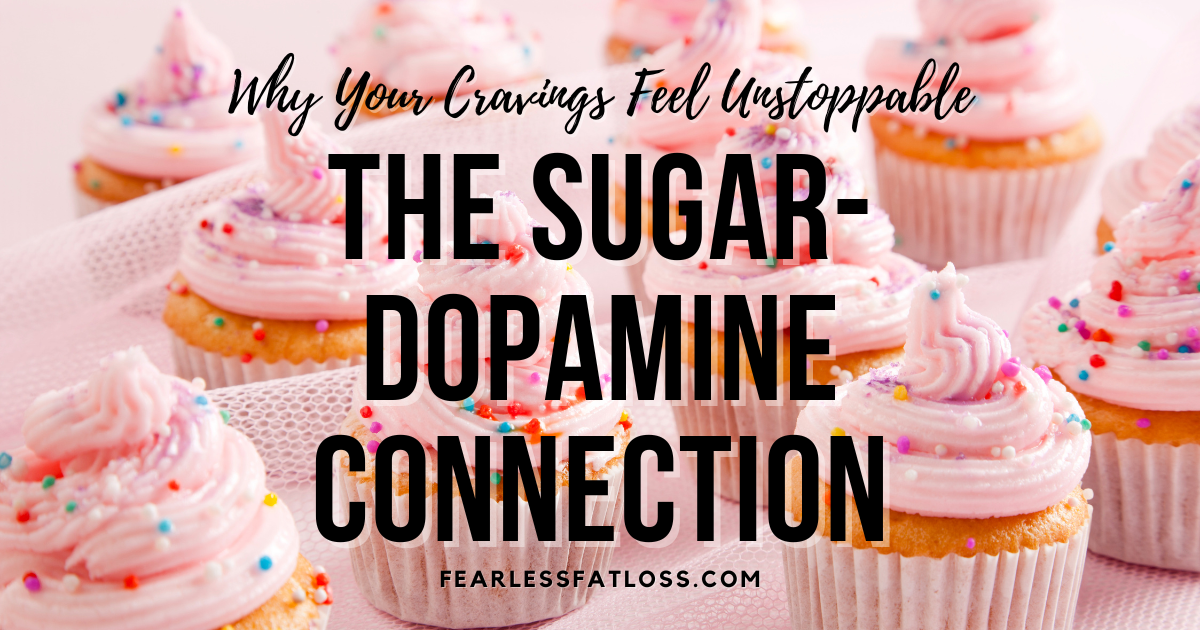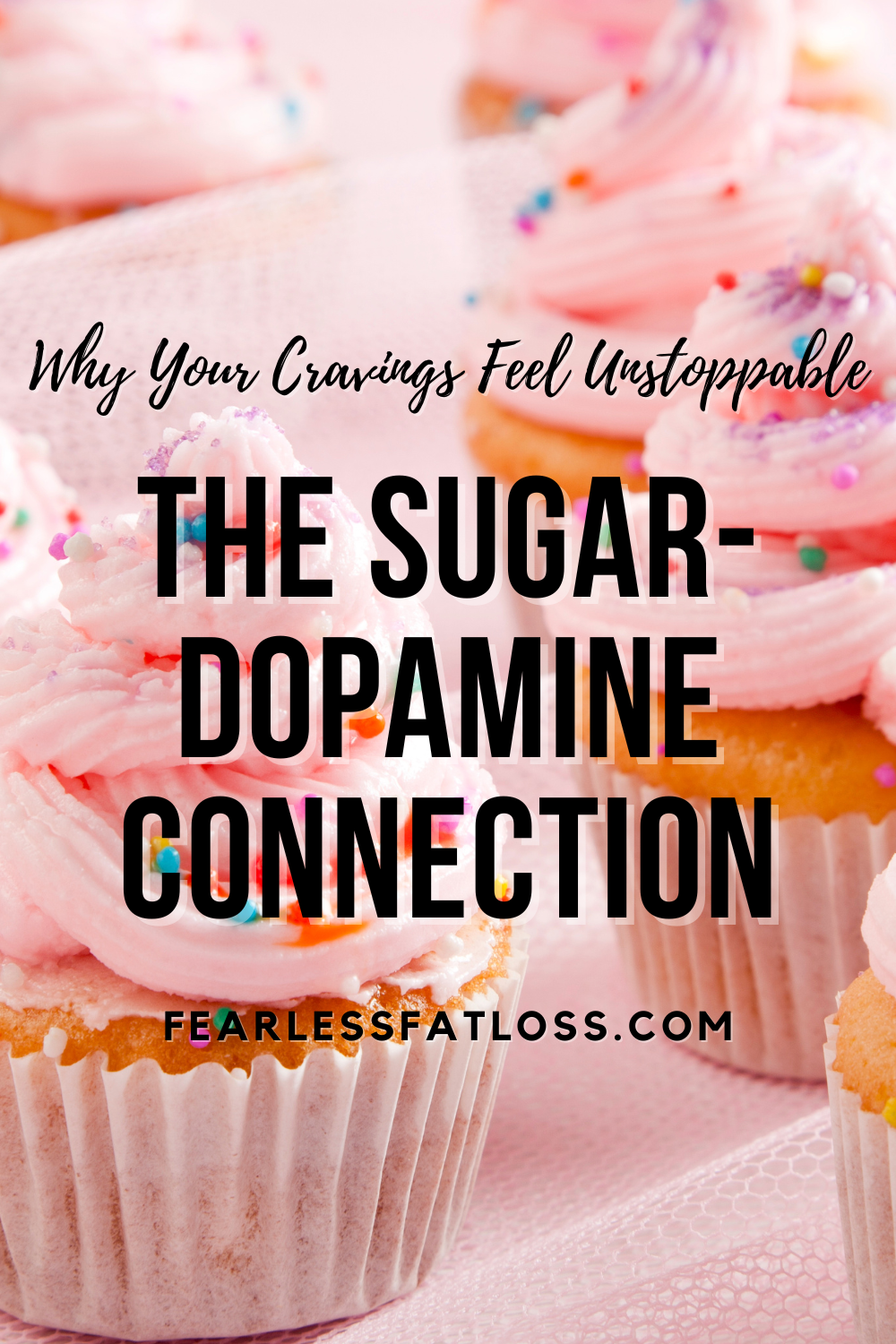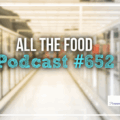The Sugar-Dopamine Connection: Why Your Cravings Feel Unstoppable
Have you ever wondered why sugar cravings seem to control you? Maybe you’ve promised yourself to cut back, only to find yourself reaching for another cookie or chocolate bar within hours. It’s not just your imagination—there’s a powerful biological reason why sugar feels so addictive.
At the heart of it all is your brain’s dopamine system.
What Is Dopamine and How Does Sugar Affect It?
Dopamine is often called the “feel-good” neurotransmitter. It’s responsible for the pleasure and reward sensations we experience after doing something enjoyable, like eating a delicious meal, winning a game, or even getting a compliment.
When you consume sugar, it triggers a surge of dopamine in your brain. This flood of dopamine creates a temporary sense of happiness and satisfaction. Your brain takes note, essentially saying, “That felt great—let’s do it again!”
The problem? The more you consume sugar, the more your brain gets used to it, and the less dopamine it releases over time. This means you need more sugar to get the same pleasurable effect, trapping you in a cycle of craving, consuming, and feeling guilty afterward.
Why Sugar Cravings Are So Hard to Break
The sugar-dopamine connection isn’t just about enjoying sweet treats—it’s a biochemical loop that’s hardwired into your brain. Here’s why it feels impossible to stop:
1. Instant Reward: Sugar provides a quick hit of energy and pleasure, which your brain loves.
2. Tolerance Build-Up: Over time, you need more sugar to achieve the same dopamine “high.”
3. Emotional Comfort: Dopamine isn’t just about pleasure—it also helps regulate your mood. For many, sugar becomes a coping mechanism during stress, sadness, or boredom.
This combination of physical and emotional reliance on sugar makes it feel like a struggle to break free, even when you desperately want to.
Willpower Isn’t the Answer
If you’ve tried to quit sugar and failed, it’s not because you lack willpower. The sugar-dopamine cycle is a deeply ingrained pattern that requires more than sheer determination to overcome.
Most traditional advice focuses on cutting out sugar cold turkey or replacing sugary snacks with healthier alternatives. While these steps can help, they don’t address the root cause—your brain’s chemical response to sugar.
Ready to Break the Cycle in 2025?
The good news is that you can break free from the sugar-dopamine cycle, but it starts with understanding how sugar truly affects your mind and body. That’s why I created a free training, *3 Keys to End Your Sugar Binge in the New Year.*
In this training, you’ll learn:
- Why sugar has such a hold on your brain.
- The first steps to take control without relying on willpower alone.
- How to feel empowered around food again.
You don’t have to feel trapped by sugar cravings forever. Join the thousands of women who’ve discovered a better way to break free and take back control over their eating habits.
Click here to register for my free training now.
The Bottom Line
Understanding the sugar-dopamine connection is the key to breaking free from relentless cravings. Once you realize it’s not just about discipline, you can take the steps needed to change your relationship with sugar for good.
Don’t let another year pass by feeling stuck in the same cycle. Register for my free training today and start your journey to a healthier, sugar-free life in 2025.





